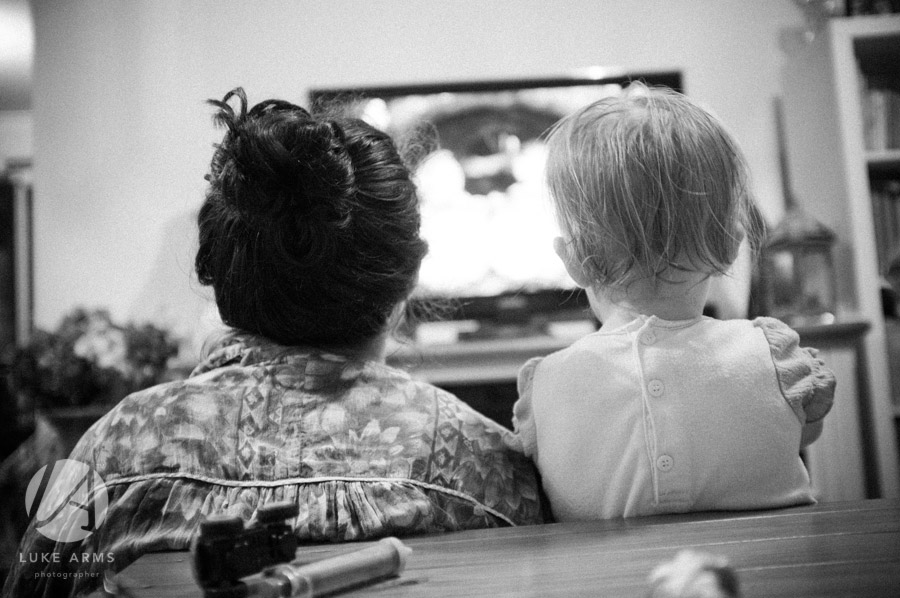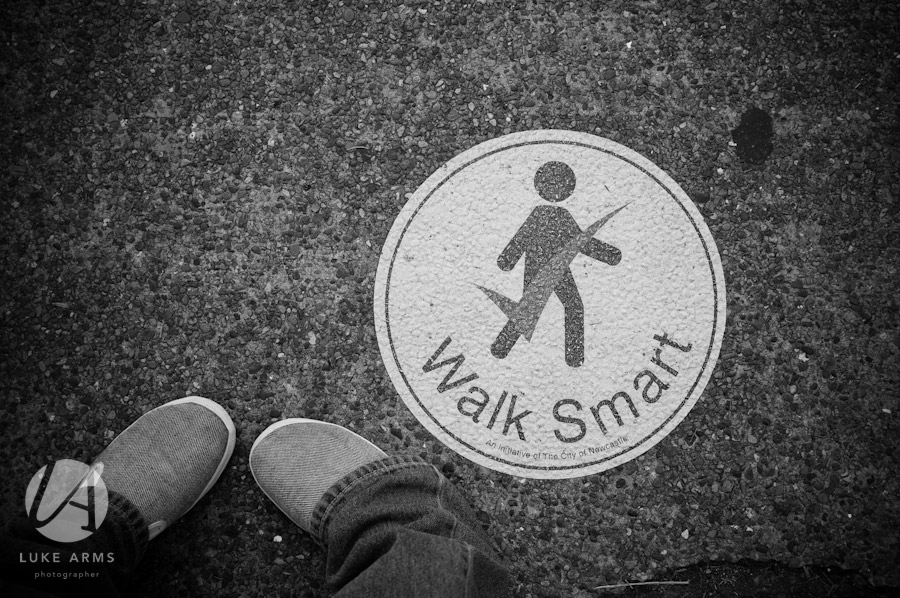Quoting Shawn Blanc, who was quoting Matthew Smith:
I think we designed the wrong Internet. We’re creating rapidly for the Internet and we’re creating things that are life-changing for people. I think that smart people with good ethics need to make hard decisions about what we’re making. For example, I think about the feed, which invites us to come, be obsessed, and compare ourselves to everyone, all the time. Who came up with the idea of endless content constantly streaming toward us? There’s this unlimitedness that concerns me because it is so unlike the rest of the human experience and I think it confuses the human mind and puts us into a space where we aren’t at our best.
It occurs to me that we’ve been here before. We couldn’t swim in Twitter’s unfiltered river of information about the entire planet’s last 5 seconds, but our heart beat as one in a different way: we had one language, and we lived in one city. We may not have been feverishly creating and collecting petabytes of data about pretty much everything, but that didn’t stop us gloating over what we were capable of at the time: baking bricks and building stuff.
I’m referring to That Famous Monument to Narcissism, the Tower of Babel, as described in Genesis chapter 11 and arguably found in one of several thrilling [or not] archaeological digs. Here’s the relevant section:
Now the whole world had one language and a common speech. As people moved eastward, they found a plain in Shinar and settled there.
They said to each other, “Come, let’s make bricks and bake them thoroughly.” They used brick instead of stone, and tar for mortar. Then they said, “Come, let us build ourselves a city, with a tower that reaches to the heavens, so that we may make a name for ourselves; otherwise we will be scattered over the face of the whole earth.”
But the Lord came down to see the city and the tower the people were building. The Lord said, “If as one people speaking the same language they have begun to do this, then nothing they plan to do will be impossible for them. Come, let us go down and confuse their language so they will not understand each other.”
So the Lord scattered them from there over all the earth, and they stopped building the city. That is why it was called Babel—because there the Lord confused the language of the whole world. From there the Lord scattered them over the face of the whole earth.
I’m not especially keen to debate the historicity of this story. Not today, anyway.
I simply find it interesting that the God of the Bible (whatever you make of him) has a problem with humanity being collectively over-empowered. Now that we’ve all but beaten our diaspora with optical fibre, jet propulsion and Google Translate, are we on the cusp of needing another intervention?
What’s it going to take to knock us off our pedestal this time?






